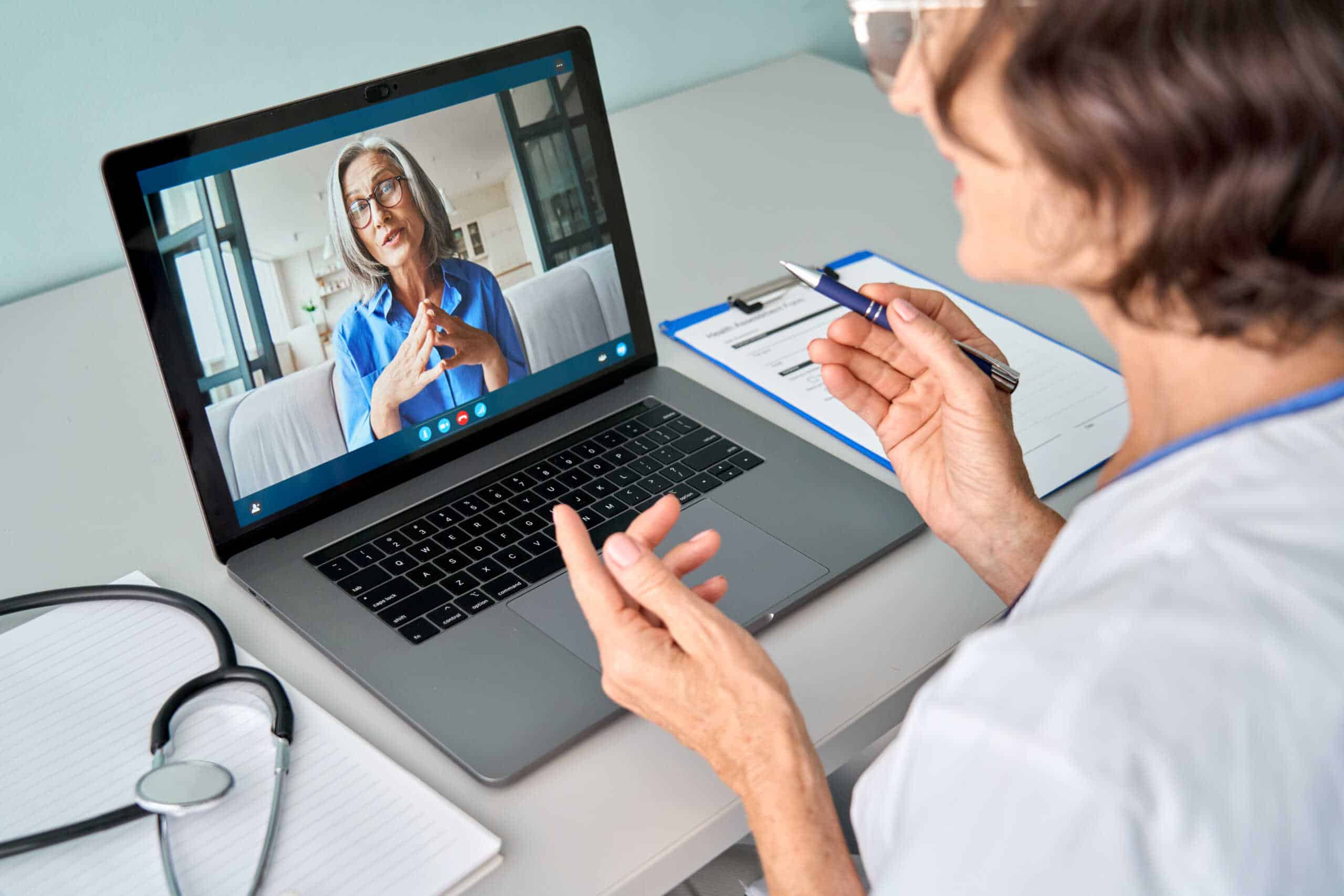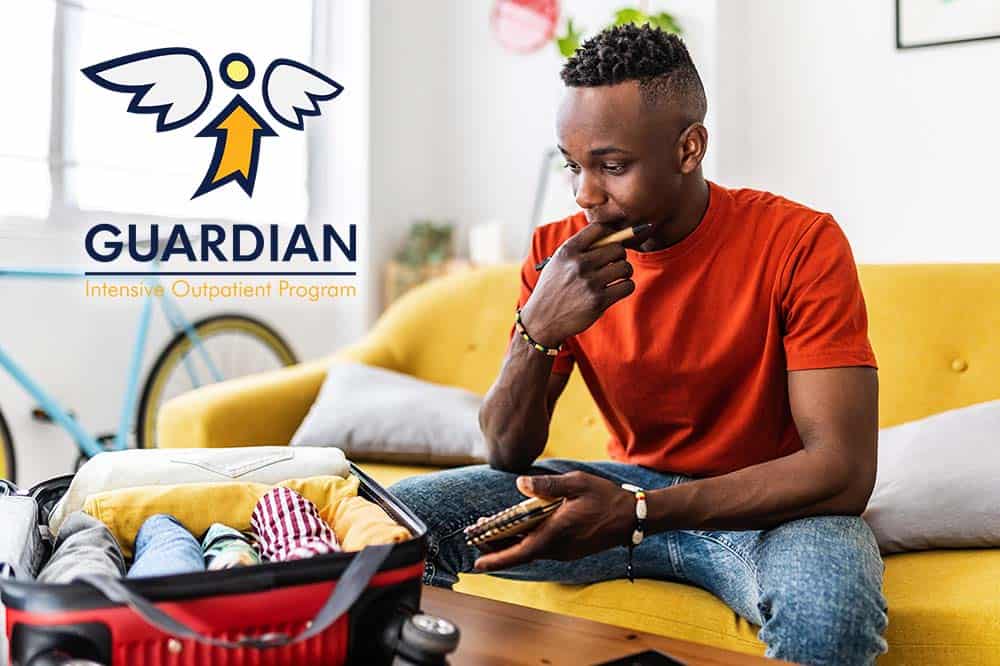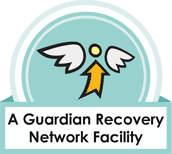Coping With An Addicted Loved One
As children, we look to our parents as role models. We mimic their behavior, assuming that they are all-knowing and essentially unflawed. As we get older, we begin to recognize that our parents are, in fact, human beings – just as prone to fallibility as anyone else. It can be exceptionally painful watching a parent suffer at the hands of an active addictive disorder – we want to believe that our parents are strong enough to effectively overcome all obstacles. However, it is important to understand that the disease of addiction is powerful and complicated, and that it does not discriminate. The right combination of underlying factors can lead anyone to substance abuse. The good news is, recovery is always a possibility. At Guardian IOP our main priority is helping you get your loved one into treatment as quickly as possible. Of course, ultimately, it is up to your addicted parent to exhibit some level of willingness. While we can point you in the right direction and provide you with a wide range of beneficial resources, at a certain point it is important for you to begin to focus on your own journey of healing.
The National Institute on Drug Abuse published an article titled “Helping Children of Addicted Parents Find Help.” The article tells us that 25 percent of all children and young adults under the age of 18 are exposed to addiction or substance abuse within their immediate families. Extensive scientific research shows that children who are exposed to addiction at an early age are significantly more likely to develop mental health issues like anxiety and depression, and eventually turn to substance use themselves. If the child of an addicted parent does not reach out for support and professional help early on, he or she is far more likely to develop serious issues later on in life. At Guardian IOP, we are available to offer support and insight – whether you are under the age of 18 or the adult child of an alcoholic or addict. Simply give us a call today and we will begin assisting you in every way possible, from helping you stage an intervention to providing you with the resources necessary to begin your own personal journey of emotional recovery.
Getting a Parent Into Treatment
When it comes to encouraging a parent to enter into a medical detox facility or inpatient treatment center, there are several steps that you can take. At Guardian IOP, we always recommend taking the following steps in the order they are listed below.
- When your parent is completely sober, try sitting down in a safe and controlled environment and calmly expressing your concerns – There are a few things to keep in mind when opening up an honest conversation. First of all, it is crucial that your addicted parent is not at all intoxicated when you initiate this conversation. If you approach your father or mother while he or she is under the influence, the outcome of the conversation will typically not be favorable. Secondly, be sure to address the situation from a place of calm compassion. Never place blame – instead, express your own concerns as they apply to you. For example, rather than saying, “You drink too much, and it hurts me,” say something like, “I am concerned about your current drinking habits, because I love you and I am worried about your health and well-being being compromised.” If you want to have a conversation but you are unsure of what to say, our treatment advisors are available to point you in the right direction.
- Lead by example – If you seek out help for yourself – such as individual therapy or a support group for children of alcoholics and addicts – there is a good chance your mother or father will take notice and follow suit. Doing this also helps facilitate your own healing process. Just be sure you do not constantly bring it up to your addicted parent by saying things like, “I’m seeking therapy, and you should too.” Seek therapy because you know it will benefit you, and allow your mother or father to recognize the efforts you are making over the course of their own time frame.
- Stage a professional intervention – The US National Library of Medicine published an article titled, “Evidence Based Psychosocial Interventions in Substance Use.” The article shows us that professionally staged interventions are extremely beneficial in helping encourage loved ones who are hesitant to go to treatment. At Guardian IOP we offer comprehensive intervention services to those who need them – read more below.
Professionally Staged Intervention
An article published by the Mayo Clinic titled, “Intervention: Help a loved one overcome addiction” details the steps that one needs to take when organizing a professionally staged intervention. It is absolutely essential that a licensed and highly experienced interventionist facilitates the process. Attempting to hold an intervention on your own is liable to backfire, causing more harm than good. A standard and professionally organized and executed intervention follows the below-listed steps:
- Develop a plan of action and reach out for help – If you believe that an intervention is a necessary next step, call up Guardian IOP to be put in touch with a professional.
- Gather information on your addicted loved one and hand off that information to the interventionist that is assigned to your unique case – This information includes the length and severity of the substance abuse disorder, the types of substances involved and an in-depth history of medical and mental health issues.
- Decide who is going to be involved in the intervention – If your parent has not spoken to his or her sister in five years, it is probably best to avoid inviting her. The interventionist will help you develop this team.
- Write our letters – Everyone who will be present at the intervention will write out a letter to their addicted loved one, always coming from a place of concern and compassion and never a place of blame. These letters are to be read aloud at the event.
- Decide on specific consequences and personal boundaries – The interventionist will also help you develop these boundaries – and will be there to support you in maintaining them. They could include things like, “Mom, if you choose not to accept professional help today, I will no longer be able to communicate with you.”
- Hold the actual intervention – This is where the letters will be read, a plan for immediate travel to a treatment center will be presented and boundaries will be set.
Helping Yourself First
As the saying goes, “You cannot pour from an empty cup.” This essentially means that in order to truly be of help to your addicted parent, you must first work on healing yourself. Therapy is a great option, as are support groups that were specifically developed for the children of addicted parents. Simply give Guardian IOP a call today and our addiction counselors will provide you with a comprehensive list of available resources in your immediate area.
Guardian IOP and Addiction Recovery
At Guardian IOP we provide comprehensive, intensive outpatient treatment to men and women who have been suffering at the hands of addiction and are in need of a continuation of quality clinical care. In most cases, our intensive outpatient program best serves individuals who have already completed a long-term inpatient treatment program. However, we understand that the unique treatment needs of each individual will vary significantly based on personal background, the type of substance/substances that were being abused and the length and severity of the substance abuse disorder. In some cases, IOP is a sufficient treatment option – this is typically the case when the substance abuse disorder was both mild and short-lived. If you are unsure as to which treatment option and level of clinical care is the most appropriate for your parent, simply give us a call today. Our treatment advisors are standing by to help you.
We understand just how devastating it is to watch a parent suffer at the hands of an active addiction. We believe that no matter how severe the addiction has become, recovery is always possible. To learn more about your options or for a comprehensive list of resources, reach out to Guardian IOP today.

Reviewed for accuracy by:
Anna Marie Barrett LCSW, CYT
Anna earned her Masters of Social Work at Barry University in Miami, FL in 2017 and completed her internship in co-occurring disorders. Anna has a Bachelors of Art in Religious Studies from Naropa University and is a certified yoga and meditation instructor. Anna has received specialized training in somatic counseling with an emphasis on body-centered psychotherapy.




















